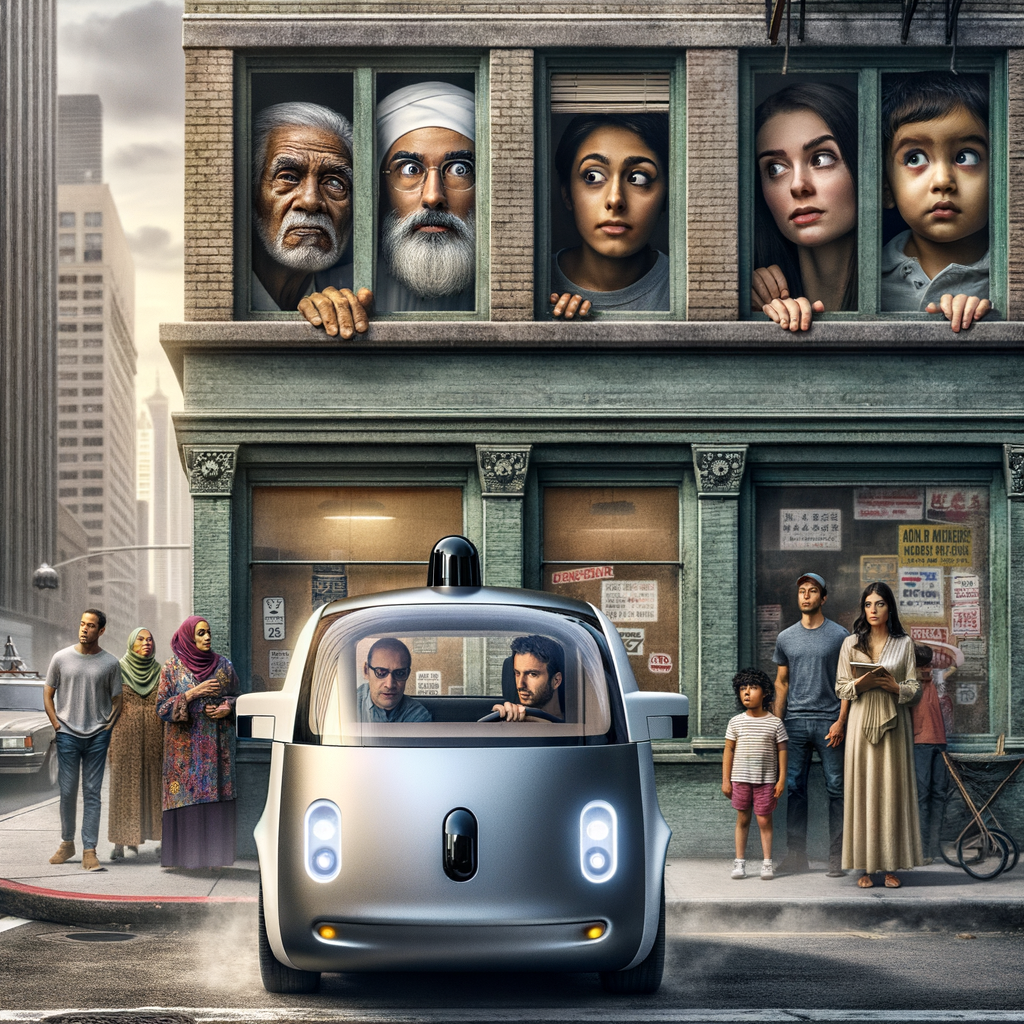Concerns Rising: Americans' Fear of Self-Driving Cars on the Rise

Increasing Concerns Over Self-Driving Cars
Survey Reveals Growing Fear
A recent survey conducted by the American Automobile Association indicates that Americans may be growing increasingly apprehensive about the emergence of self-driving cars, particularly robotaxis. This shift in sentiment could be attributed to the survey's focus on drivers as respondents, and the recent spate of accidents involving driver support systems and fully autonomous vehicles that have made headlines in the U.S. The study reveals that 66% of U.S. drivers above the age of 18 expressed fear about self-driving vehicles, a significant increase from the 54% recorded in 2021. Trust in these vehicles has also declined, with only 9% expressing confidence, down from 14% three years ago.
Notable Incidents
One of the most significant incidents involving a fully autonomous vehicle occurred in San Francisco in October 2023. A Cruise robotaxi was involved in an accident, which led to the suspension of the General Motors subsidiary's operations in six U.S. cities. In this incident, a woman was hit by another car and thrown into the path of the robotaxi, which failed to correctly assess the situation and stop, dragging the woman for 20 feet. The woman survived but sustained serious injuries. Another fatal accident occurred in 2018 in Tempe, Arizona, when a pedestrian was hit by a self-driving car being tested by Uber and Volvo. The safety driver present in the car was found by a court to have not been watching the road.
Tesla's Driver Assistance System
A Washington Post investigation found that Tesla's driver assistance system, which is not fully autonomous, was involved in over 700 crashes and 17 fatalities between 2019 and mid-2023. Determining the primary cause of these accidents can be challenging, as it is often unclear whether the driver misused the system or if the system itself was faulty. However, these incidents can be distressing as automated systems tend to make different mistakes than humans. In many cases, it is evident that a human driver could have reacted better, such as by braking after hitting someone.
Advantages and Disadvantages of Automated Driving Systems
Despite the concerns, it is important to note that automated driving systems do not make many of the mistakes that humans are prone to, such as those related to drowsiness, intoxication, or speeding. Researchers have found that self-driving cars tend to perform better in routine situations. However, they can struggle with maneuvers that humans find relatively easy, such as turning. Additionally, humans can react better in completely new and unexpected situations that autonomous cars might not be prepared for.
Bottom Line
As the reality of self-driving cars draws nearer, it seems that apprehension among drivers is growing. There are valid concerns and incidents that have fueled this fear, but it's also important to consider the potential benefits of these automated systems. They eliminate many human errors and can perform better in routine situations. However, their ability to react in unexpected situations is still a concern. What are your thoughts on this matter? Feel free to share this article with your friends and discuss. You can also sign up for the Daily Briefing, which is delivered every day at 6 pm.

















